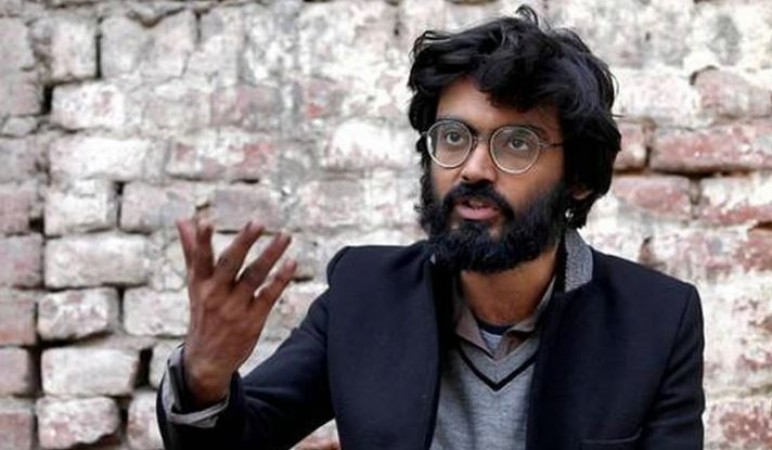
New Delhi: A city court in New Delhi has rejected the bail plea of student activist Sharjeel Imam in connection with the 2020 Delhi riots case. The court cited section 436A of the Code of Criminal Procedure (CrPC), which allows for continued detention of the accused for a longer period than one-half, given the nature of the allegations against him.
Additional Sessions Judge Sameer Bajpai stated that the circumstances of this case are exceptional, distinct from typical cases, due to the nature of the accusations against Imam. His alleged inflammatory speeches and social media posts were deemed to have skillfully manipulated facts, inciting public unrest and contributing to the outbreak of riots in the city. Although Imam did not explicitly call for violence, the court observed that his speeches and activities mobilized the public, leading to disruptions and potentially exacerbating the riots. Considering the gravity of the allegations and the disruptive nature of his activities, the court deemed it inappropriate to grant him bail.
Imam had sought bail on the grounds that the sedition case against him had been stayed by the Supreme Court, and he had served half of the prescribed sentence for the offense under the Unlawful Activities (Prevention) Act. However, the court upheld his continued custody, emphasizing the exceptional circumstances of the case.
The charge sheet against Imam alleges that his speeches, particularly those delivered at Jamia, AMU, Asansol, and Chakband, incited public unrest amid the context of the Citizenship Amendment Act (CAA) and National Register of Citizens (NRC). He also reportedly created a WhatsApp group and distributed pamphlets to mobilize protests against CAA/NRC, which ultimately led to increased protests and disruptions in Delhi.
The court noted that Imam's actions contributed to the escalation of violence, damage to public property, and loss of life during the riots. While acknowledging the limitations of section 124A of the Indian Penal Code (IPC) in this case, the court suggested that Imam's actions could be considered seditious based on their ordinary meaning. Overall, the court's decision reflects the seriousness with which it views Imam's alleged role in inciting violence and unrest during the 2020 Delhi riots.
DMK MP Kanimozhi Urges Railway Minister for Language Proficiency in Tamil Nadu Stations
Rouse Avenue Court Reserves Decision on Manish Sisodia's Bail Plea